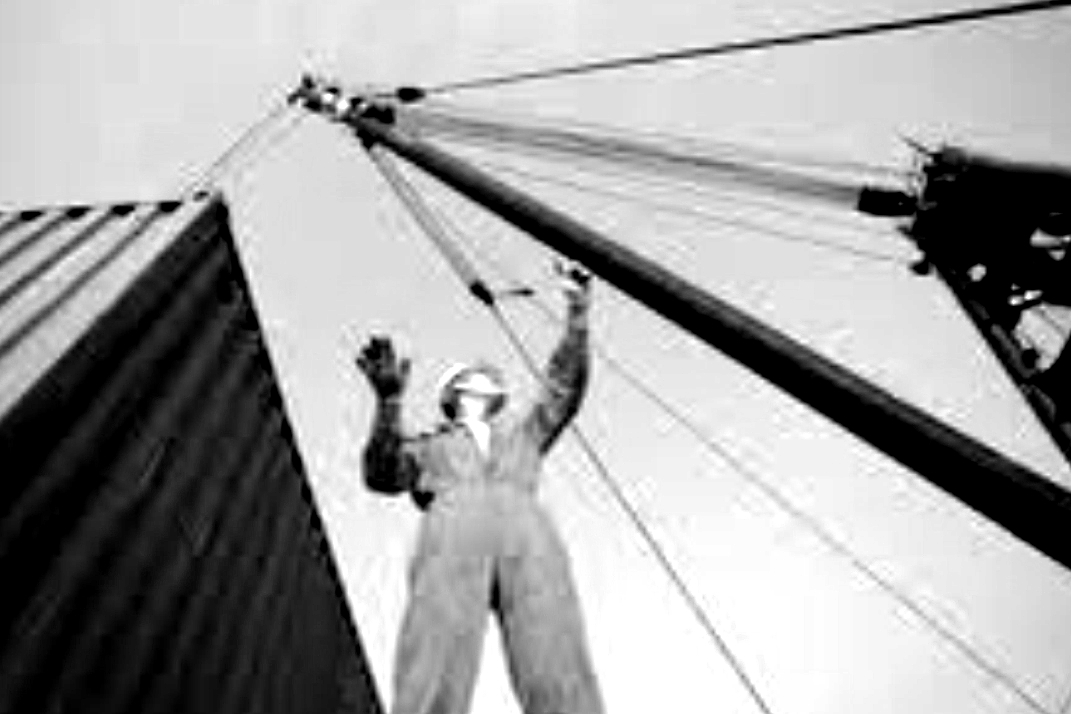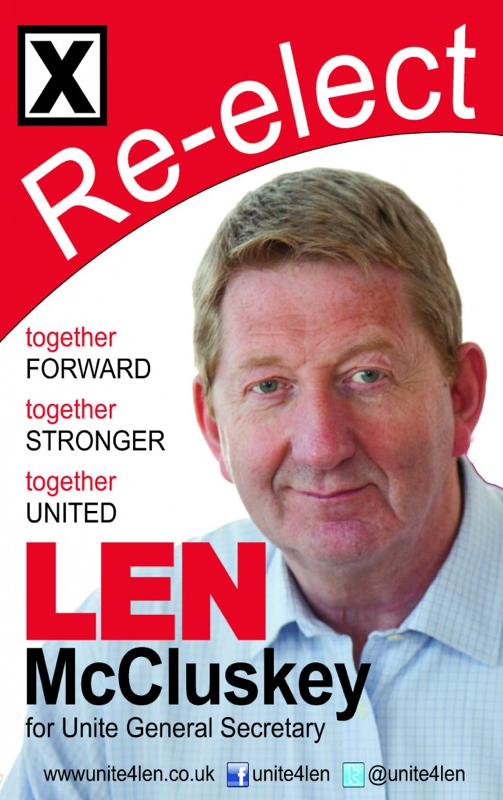Can a person be left alone at their place of work?
There are no absolute restrictions on working alone; it will depend on the findings of a risk assessment.
There are two main pieces of legislation that will apply:
The Health and Safety at Work etc Act 1974: Section 2 sets out a duty of care on employers to ensure the health, safety and welfare of their employees whilst they are at work.
The Management of Health and Safety at work Regulations 1999: Regulation 3 states that every employer shall make a suitable and sufficient assessment of -
the risks to the health and safety of his employees to which they are exposed whilst they are at work; and
the risks to the health and safety of persons not in his employment arising out of or in connection with the conduct by him of his undertaking
The HSE have produced the following publication:
Working Alone in Safety - free leaflet
Although there is no general legal prohibition on working alone, the broad duties of the HSW Act and MHSW Regulations still apply. These require identifying hazards of the work, assessing the risks involved, and putting measures in place to avoid or control the risks.
Control measures may include instruction, training, supervision, protective equipment etc. Employers should take steps to check that control measures are used and review the risk assessment from time to time to ensure it is still adequate.
When risk assessment shows that it is not possible for the work to be done safely by a lone worker, arrangements for providing help or back-up should be put in place. Where a lone worker is working at another employer's workplace, that employer should inform the lone worker's employer of any risks and the control measures that should be taken. This helps the lone worker's employer to assess the risks.
Risk assessment should help decide the right level of supervision. There are some high-risk activities where at least one other person may need to be present. Examples include some high-risk confined space working where a supervisor may need to be present, as well as someone dedicated to the rescue role, and electrical work at or near exposed live conductors where at least two people are sometimes required.
Lone workers should not be at more risk than other employees. This may require extra risk-control measures. Precautions should take account of normal work and foreseeable emergencies, e.g. fire, equipment failure, illness and accidents. Employers should identify situations where people work alone and ask questions such as:
Does the workplace present a special risk to the lone worker?
Is there a safe way in and a way out for one person? Can any temporary access equipment which is necessary, such as portable ladders or trestles, be safely handled by one person?
Can all the plant, substances and goods involved in the work be safely handled by one person? Consider whether the work involves lifting objects too large for one person or whether more than one person is needed to operate essential controls for the safe running of equipment.
Is there a risk of violence?
Are women especially at risk if they work alone?
Are young workers especially at risk if they work alone?
Is the person medically fit and suitable to work alone?
What happens if the person becomes ill, has an accident or there is an emergency?
There are no absolute restrictions on working alone; it will depend on the findings of a risk assessment.
There are two main pieces of legislation that will apply:
The Health and Safety at Work etc Act 1974: Section 2 sets out a duty of care on employers to ensure the health, safety and welfare of their employees whilst they are at work.
The Management of Health and Safety at work Regulations 1999: Regulation 3 states that every employer shall make a suitable and sufficient assessment of -
the risks to the health and safety of his employees to which they are exposed whilst they are at work; and
the risks to the health and safety of persons not in his employment arising out of or in connection with the conduct by him of his undertaking
The HSE have produced the following publication:
Working Alone in Safety - free leaflet
Although there is no general legal prohibition on working alone, the broad duties of the HSW Act and MHSW Regulations still apply. These require identifying hazards of the work, assessing the risks involved, and putting measures in place to avoid or control the risks.
Control measures may include instruction, training, supervision, protective equipment etc. Employers should take steps to check that control measures are used and review the risk assessment from time to time to ensure it is still adequate.
When risk assessment shows that it is not possible for the work to be done safely by a lone worker, arrangements for providing help or back-up should be put in place. Where a lone worker is working at another employer's workplace, that employer should inform the lone worker's employer of any risks and the control measures that should be taken. This helps the lone worker's employer to assess the risks.
Risk assessment should help decide the right level of supervision. There are some high-risk activities where at least one other person may need to be present. Examples include some high-risk confined space working where a supervisor may need to be present, as well as someone dedicated to the rescue role, and electrical work at or near exposed live conductors where at least two people are sometimes required.
Lone workers should not be at more risk than other employees. This may require extra risk-control measures. Precautions should take account of normal work and foreseeable emergencies, e.g. fire, equipment failure, illness and accidents. Employers should identify situations where people work alone and ask questions such as:
Does the workplace present a special risk to the lone worker?
Is there a safe way in and a way out for one person? Can any temporary access equipment which is necessary, such as portable ladders or trestles, be safely handled by one person?
Can all the plant, substances and goods involved in the work be safely handled by one person? Consider whether the work involves lifting objects too large for one person or whether more than one person is needed to operate essential controls for the safe running of equipment.
Is there a risk of violence?
Are women especially at risk if they work alone?
Are young workers especially at risk if they work alone?
Is the person medically fit and suitable to work alone?
What happens if the person becomes ill, has an accident or there is an emergency?


 RSS Feed
RSS Feed